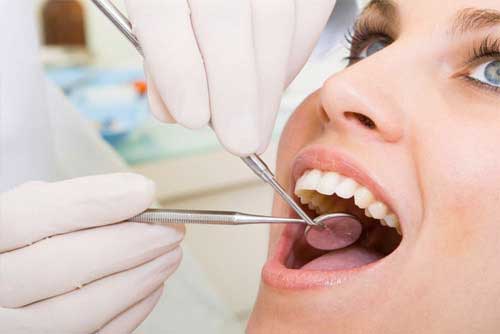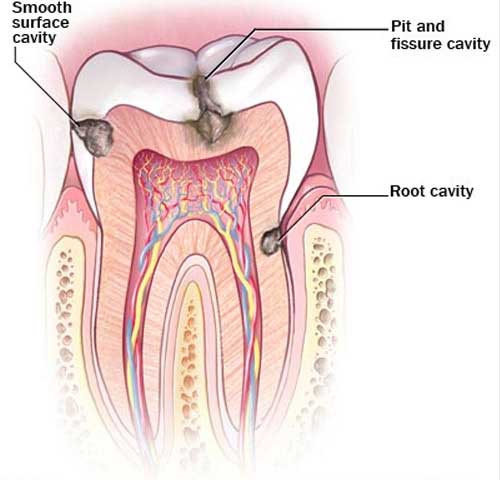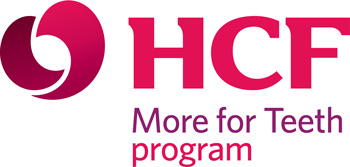In case of a dental emergency that requires same day bookings, please call 08 9276 1540

TOOTH EXTRACTIONS
From $170*
Indications include:
- Severe tooth decay that affects the underlying nerve
- Periodontal disease causing loss of bone and tissue supporting the tooth
- Tooth trauma causing irreparable damage
Improperly positioned or overcrowding of teeth in the mouth.
Usually done in one appointment and could take minutes if it is straight forward extraction.
*depending on how difficult the extraction will be
Routine extractions may be needed for resolving various dental problems that require one or more teeth to be extracted as a part of the treatment. Teeth may need to be extracted when it becomes difficult to restore or maintain them in the mouth. Your dentist may suggest extracting the tooth to improve the overall health of your oral cavity. Various issues that may need routine teeth extractions include:
- Severe tooth decay that affects the underlying nerve
- Periodontal disease causing loss of bone and tissue supporting the tooth
- Tooth trauma causing irreparable damage
- Improperly positioned or overcrowding of teeth in the mouth
During the procedure, your dentist will numb the tooth and surrounding area, loosen it and extract it from the mouth with dental tools. Sometimes, the surrounding bone may have to be removed for making the process of tooth extraction easier. You may experience some minimal bleeding which will be controlled before you leave the dentist’s office.
Following the procedure, you may experience soreness, pain and inflammation. Your dentist will prescribe medications to relieve your discomfort. You should avoid disturbing the blood clot within the socket. If it is disturbed, it may cause a painful condition called a ‘dry socket’. The site of the tooth extraction heals over time within a few weeks.

Seriously decayed teeth
Dental caries is the most common disease or disorder occurring in the oral cavity. The microorganisms along with food particles present in the mouth lead to dental caries. It is also known as “Tooth Decay” or “Cavities”. This disease can lead to pain, infection, and tooth loss.
The problem of tooth decay can be corrected with root canal therapy (RCT). But, a severely infected tooth not responding to antibiotics or RCT may require tooth extraction to avoid the spread of infection. Loss of a tooth may affect the function of the surrounding teeth, thus your dentist will replace the extracted tooth with a dental bridge, implant or partial denture to maintain the function of surrounding teeth.
Teeth with bone loss due to periodontal disease
Periodontal disease or gum disease is a bacterial infection affecting the gums, the surrounding bone and other tissues supporting the teeth. This leads to formation of a pocket around the tooth. Initial stages of gum disease are called gingivitis in which the gums swell, bleed and redden. If not treated in time, gingivitis may progress to periodontitis. The tooth pocket resulting from periodontal disease destroys the underlying bone and tissues surrounding the tooth, thereby loosening the tooth structure. This condition needs extraction of the infected tooth in order to prevent spread of infection to the surrounding structures.
Your dentist will extract the tooth under the effect of local anesthesia. If several infected teeth need to be removed at the same time, a general anesthesia may be required. After the tooth is removed, your dentist may suture and place a gauze pad to stop bleeding. A dental bridge or an implant is placed after the tooth is extracted. Do not delay, tooth extraction if gum disease is present, as it may lead to loss of more teeth due to the spread of the infection.

Serious Malocclusion
Malocclusion is the technical term for teeth that don’t fit together correctly. Malocclusions not only affect the teeth, but also the appearance of the face. Most malocclusions are inherited; however some are due to acquired habits such as thumb sucking and tongue thrusting. The spacing left from an adult tooth being extracted or an early loss of a baby tooth can also contribute to a malocclusion.
Among various treatment options for malocclusion, tooth extraction is one useful option for treating crowding of teeth in adults and children. Your dentist extracts the teeth so that more space is created for the incoming teeth to help in proper teeth alignment. In children, either baby teeth or permanent teeth are extracted to make room for the teeth that are erupting. Tooth extraction can also help improve alignment of the upper and lower jaws in adults.
Wisdom Teeth Extraction
A wisdom tooth is extracted to correct an actual problem or to prevent problems that may come up in the future. When wisdom teeth come in, a number of problems can occur:
- Your jaw may not be large enough to accommodate them, and they may become impacted and unable to break through your gums.
- Your wisdom teeth may break partway through your gums, causing a flap of gum tissue to grow over them. Food and germs can become trapped under the flap and cause your gums to become red, swollen, and painful. These are signs of infection.
- More serious problems can develop from impacted teeth, such as infection, damage to other teeth and bone, or the development of a cyst.
- One or more of your wisdom teeth may come in at an awkward angle, with the top of the tooth facing forward, backward, or to either side.
Wisdom tooth removal usually is effective in preventing:
- Crowding of the back teeth.
- A wisdom tooth becoming stuck in the jaw (impacted) and never breaking through the gums.
- Red, swollen, and painful gums caused by a flap of skin around a wisdom tooth that has only partially come in.
- Gum disease and tooth decay in the wisdom tooth, which may be harder to clean than other teeth, or in the teeth and jaw in the area of the wisdom tooth.
What to Expect After Extraction
Immediately after your tooth is extracted, the socket will be covered with sterile gauze; gentle pressure will be applied for 10-20 minutes to control any bleeding. Small sutures (stitches) might also be used for this purpose. It’s normal to experience some mild to moderate post-operative discomfort and/or swelling. Taking non-steroidal, anti-inflammatory drugs such as ibuprofen and/or aspirin the day of surgery should control most symptoms. Antibiotics may also be prescribed to ensure infection-free healing. Using ice packs on the outside of your jaw, and eating softer foods until you feel more comfortable can also be helpful. Within a few days, all should be back to normal.
Please note: Any surgical or invasive procedure carries risks. Before proceeding, you should seek a second opinion from an appropriately qualified health practitioner.
Smart Choice
REQUEST A CONSULTATION









